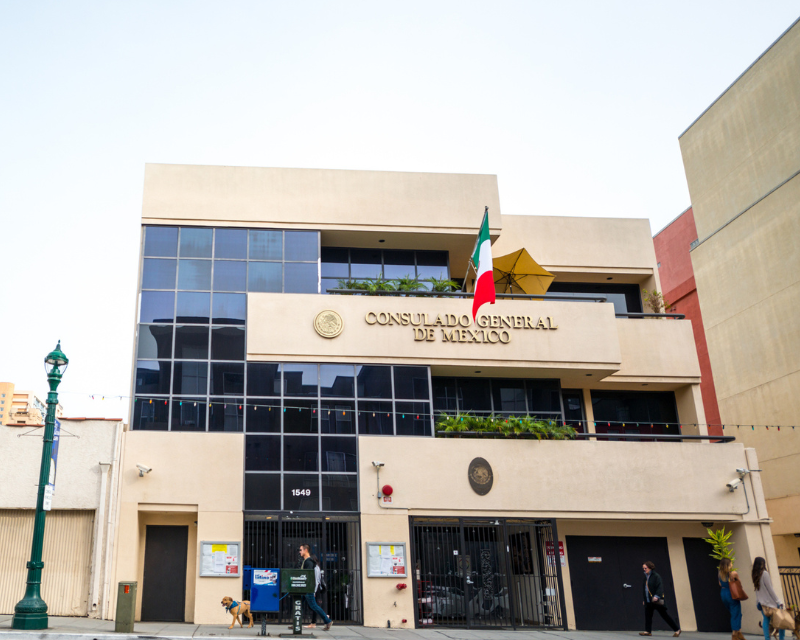
Good relationships with neighbors are always important — especially when neighboring countries need to work together to address issues that impact the quality of life of their people. For Mexico and the United States, labor trafficking is one of these issues.
It is no secret that the U.S. agriculture industry is largely sustained by a Mexican workforce, as few U.S.-born workers are willing to take these difficult and low-paid jobs. This is why the U.S. offers the H-2A visa, which allows foreign nationals to come to the United States temporarily to work in the agricultural sector. More than 90 percent of these visas go to Mexican nationals.
Sadly, statistics from the National Human Trafficking Hotline show that H-2A visa holders are highly vulnerable to labor trafficking. Between 2018 and 2020, the Trafficking Hotline identified more than 2,800 H-2A visa holders who reported being victims of labor trafficking. And across all sectors, almost 60% of victims of forced labor are foreign nationals in cases where the Trafficking Hotline is able to identify immigration status. Mexicans are by far the most reported nationality among foreigners who are exploited by traffickers in our country.
This is why Polaris has been working tirelessly with the Consulates from Mexico in the U.S. to speak directly with the Mexican community working in the U.S. Whether they come to work every year or have a more permanent job, Polaris aims to spread the word about human and labor rights and also about resources available for workers. In 2022 alone, Polaris has reached approximately 3,500 Mexican citizens, and at least 272 consular officers have been trained to recognize human trafficking.

This relationship with the Mexican Consulates started back in 2016, and now the Consular Network and Polaris have signed an agreement in order to formalize this collaboration and expand training opportunities with agents that have direct contact with the Mexican community. Building trust by sharing valuable information and connecting them with useful resources is the best way to make sure that migrants and their communities are aware of their rights and appropriately identify situations of trafficking.
It’s not the only strategy for being good allies. As a proactive way to reach vulnerable workers, Polaris is also implementing Nonechka, which gathers direct input from immigrant workers about dynamics of exploitation via survey, connecting them to important resources and enabling the trafficking field to hear from workers first-hand — making visible their experiences and the variables that make them vulnerable to trafficking in the agricultural environment.
Partnering with our neighbor is not only a need; it is simply the right thing to do to help eradicate labor trafficking from our food supply chain.


